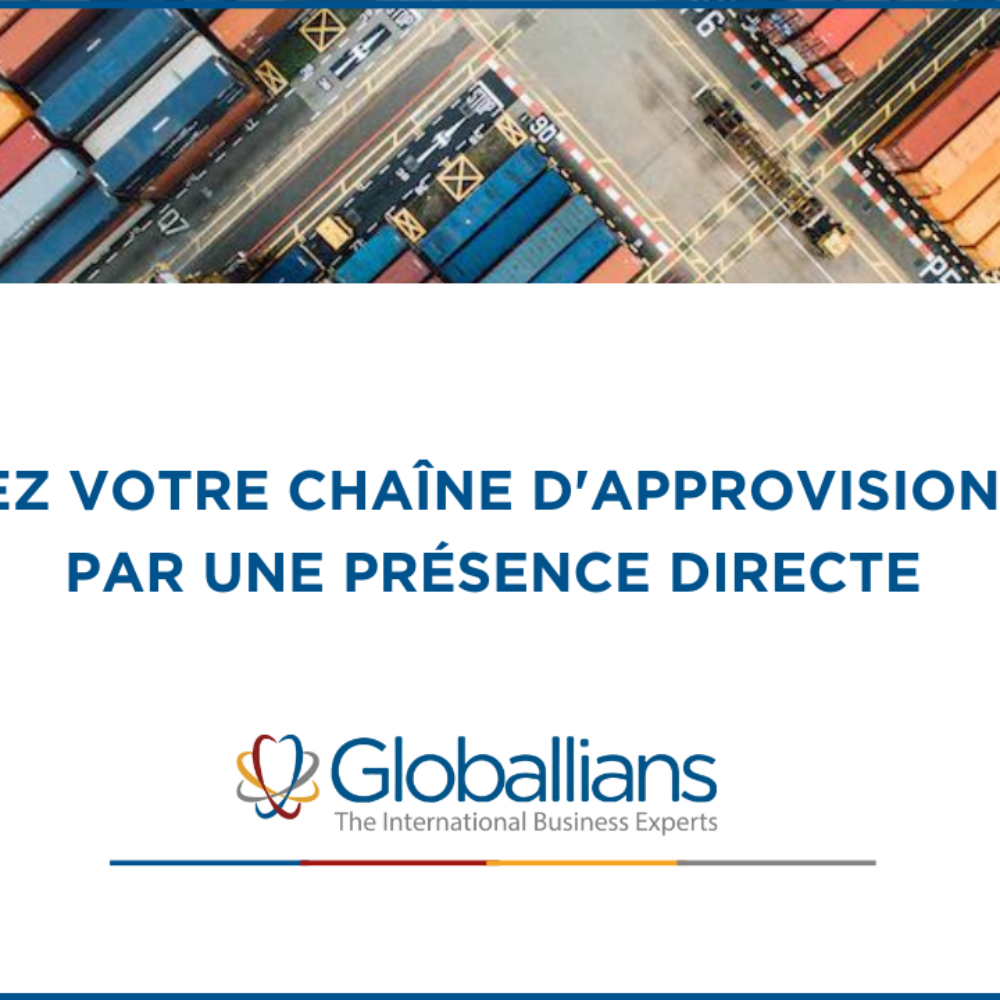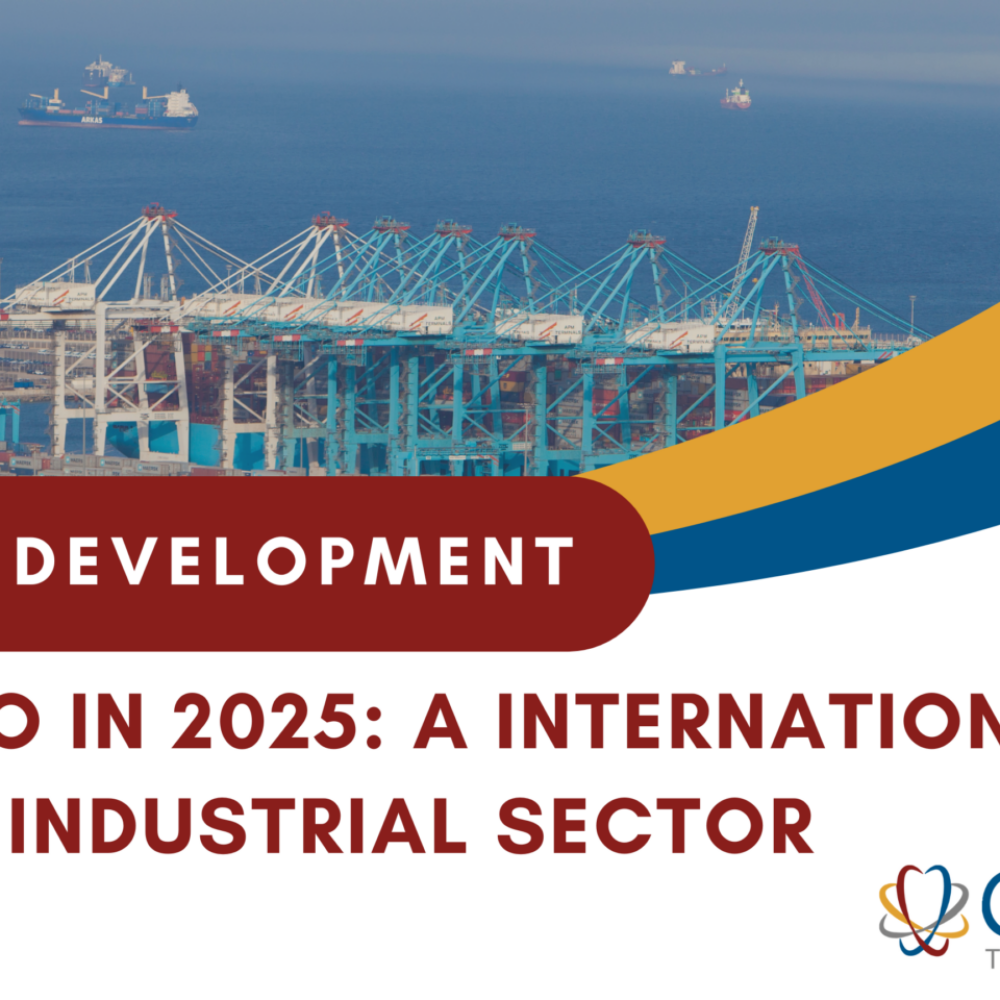Turkey, with its strategic location and significant economic advantages, offers an attractive alternative for international sourcing. With a competitive workforce and diversified industrial capabilities, it offers the opportunity to reduce costs while shortening the supply chain. These advantages make Turkey an attractive location for many European companies looking to source or produce abroad.
Turkey’s strategic advantages
Geographical location
Positioned at the junction between Europe and Asia, Turkey offers unprecedented access to key markets, facilitating trade and reducing transport costs and times. This geographical location facilitates the rapid integration of European and Asian value chains, enabling European companies to react quickly to market fluctuations.
Geographical and customs advantages
As a member of the European Customs Union since 1995, Turkey benefits from very low or non-existent customs duties on many products traded with the EU, which makes it even more attractive. What’s more, as Claire Ahu AKDENIZ, an expert at Advantis, points out, Turkey is a very attractive place to do business, « Regarding labour costs, Turkey remains fairly competitive compared to the European average, even if there has been a certain increase since COVID and because of inflation. The prices of raw materials and energy remain fairly similar to those in Europe. But in addition to the price issue, it’s important to remember that minimum order quantities are very flexible. »
The example of the Turkish textile sector
Export growth and performance
The textile sector is Turkey’s second largest export[1], accounting for a total of USD 36.36 billion in 2023. Despite a slight contraction in exports that year (-7.3%), Turkey remains the world’s 6th largest exporter of ready-to-wear clothing, with a market share of 3.70%, and the 4th largest exporter of textile products, with a market share of 4.25%.[2] The textile industry is particularly dynamic in Turkey, illustrating not only the country’s production capacity but also its competitiveness in this sector on the international market.
[1] Commerce extérieur turc – TURQUIE | Direction générale du Trésor (economie.gouv.fr)
[2] textiledosyafr-753.pdf (advantisconseils.com)
Innovation and quality
Turkish manufacturers and suppliers are continually investing in cutting-edge technologies and advanced manufacturing processes such as digital printing to remain competitive. These investments position Turkish textiles at the cutting edge of innovation and quality. In addition, the focus on developing technical and sustainable textiles is in line with the growing demands of European consumers for responsible, high-quality products.
Costs and performance
The landed cost concept
Despite a widespread opinion among European companies used to Asian sourcing, Turkey is not necessarily more expensive than India or China. A direct comparison of EX Works prices between Shanghai and Istanbul may seem unfavourable. However, if you include the concept of ‘landed cost’, i.e. the total cost including manufacturing, transport, insurance, taxes and other logistical costs, the perspective changes and Turkey becomes very attractive for European companies. Calculating landed cost is essential for determining the real margin and adjusting selling prices accordingly.
Flexibility and response capability
Turkey’s proximity to major European markets means that companies can respond quickly to changing markets and requirements, with the ability to place and adjust orders quickly. This adaptability is essential to maintaining a competitive position.
Building long-term relationships
The long-term relationship
As well as seeking to reduce costs and optimise the supply chain, it is important to build long-term relationships with partners. In fact, a solid relationship with a Turkish supplier can offer greater flexibility in terms of lead times, quantities and prices, and can even lead to mutual technological investments that should enable us to grow together. Changing suppliers frequently for better offers can damage the reputation and confidence of players in the sector, and prevent the development of a sustainable strategy based on solid relationships between partners.
Tips for a successful partnership
To succeed in Turkey, it is recommended to be supported by a person who is familiar with both the language and local customs, or to call on external consultancy services. Building the relationship with the local partner is crucial, and must be at the heart of the company’s concerns right from the launch of its project in Turkey. Advantis, a company specialising in industrial and commercial development in Turkey and a member of our Globallians network, sets up a sourcing process for each company, taking into account the industry, the product and the specific requirements. However, this tailor-made method systematically includes an exhaustive supplier identification phase, assessing their technical capacity, compliance with standards, commercial approach and payment terms. Once the potential suppliers have been identified and qualified, the next step is to study the prices offered (this is the Request for Quotation (RFQ) phase). The comparison is made on the basis of EX Works FCA prices, to which transport is added to obtain the landed cost). The next stages include visits to production sites and technical audits, which are necessary before finalising negotiations and contracting.
Conclusion
Turkey is an attractive alternative to sourcing in Asia, offering a unique combination of advantages: competitive costs, rapid access to European and Asian markets, product innovation and operational flexibility with its partners. Turkey is ready to play a key role in the sourcing strategies of European companies looking for a sustainable supply strategy that combines efficiency, quality and controlled costs.
You can also find the analysis and advice of Claire Ahu AKDENIZ, sourcing expert in Turkey, on our Youtube channel:


